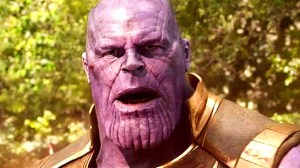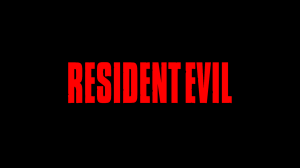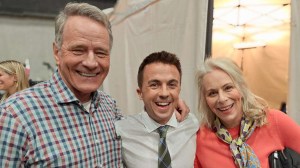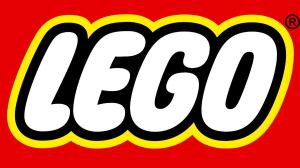With Ironheart‘s arrival on Disney+, a very distinct era for Marvel Cinematic Universe television programming has come to an end. Ironheart is the last MCU show on Disney+ to eschew a showrunner. Shot back in 2022, Ironheart was executed well over a year before the late 2023 overhauling of Daredevil: Born Again that ensured that series, as well as all other MCU shows like Wonder Man and Vision Quest, would have showrunners. Originally, Marvel Studios proudly eschewed showrunners (a staple of television for decades) and instead placed the creative visions of its programs into various hands (head writers and directors, namely) over the course of their respective productions.
Videos by ComicBook.com
It was a decision reflecting the inexperience in television from Marvel Studios brass like Kevin Feige and Brad Winderbaum. It was also meant to show that the Disney+ series were “just like” the movies. Ironheart, though, is another reminder that this approach was foolhardy from the start. Like almost all of the Disney+ MCU shows, Ironheart would’ve been way better as a movie.
Typical MCU Shows Like Ironheart Are Structured Like Movies

Typical genre TV shows in the past had to work overtime to make sure they were palatable to audiences in a weekly format. Productions like The X-Files developed rich lore and overarching narratives over time, while other shows like Lost and Fringe certainly required pre-existing knowledge to enjoy episodes from their respective third seasons onward. However, typically, these productions employed “monster-of-the-week” or similar storytelling templates to make individual episodes digestible to the general public. The very structure of television storytelling informed creating standalone plots each week.
Even all-time great non-heightened TV dramas like Breaking Bad and The Sopranos defaulted to standalone episode storylines for episodes like “The Fly” and “Pine Barrens.” MCU shows like Ironheart, The Falcon and the Winter Soldier, Secret Invasion, and so many more, meanwhile, function like two-hour movies stretched out into six-hour shows. They all concern one gigantic plot occurring across multiple installments with little personality or specific plotlines to differentiate episodes. Compare these superhero shows to a masterpiece like the miniseries When They See Us, which used time jumps to imbue unforgettable personality into each episode.
Tragically, the majority of these MCU shows instead embraced storylines that would’ve been so much better served in tighter feature-length confines. Ironheart’s first season, for instance, struggles to create actual dramatic tension since it closes out most of the first four episodes with the same cliffhanger beat of “is Parker Robbins actually evil?” The various Ironheart heist scenes, meanwhile, are poorly paced since they’re being stretched out to fit six episodes of a miniseries.
Worst of all, MCU shows like Falcon and the Winter Soldier and Moon Knight cap off their runs with CG-oriented finale episodes that “reward” the patience of viewers with a bunch of digitally constructed chaos. A 15-minute action-heavy finale in a movie is one thing. A 40-minute episode that’s nothing but noise and CG monsters fighting is an excruciating waste of TV’s potential.
The Tragedy of the Better, Episodic MCU Shows
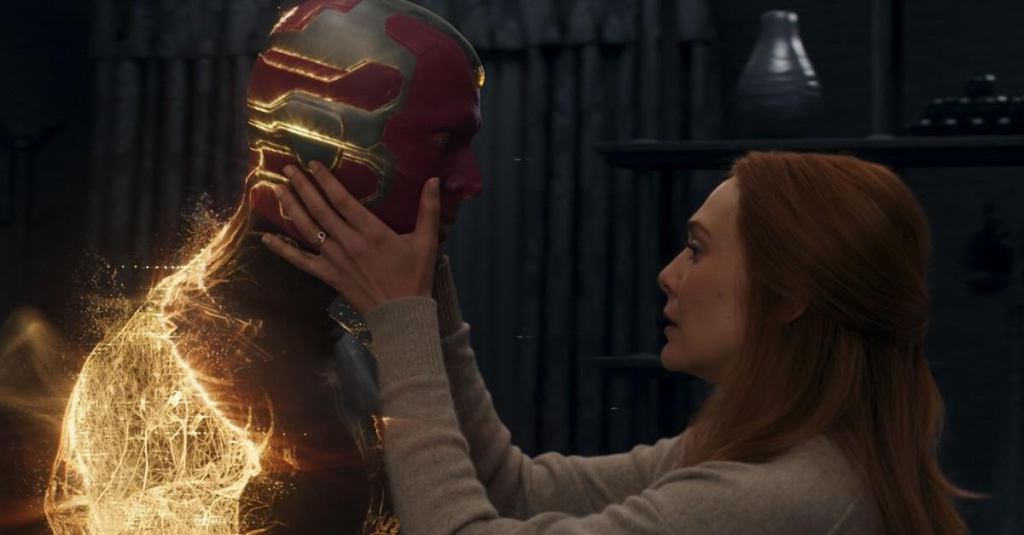
Ironheart and most other MCU shows being movies crammed into the format of TV shows is especially apparent when looking at the handful of MCU Disney+ programs that actually work as TV shows. WandaVision, underwhelming finale aside, ingeniously structured its first eight episodes so that each installment evoked a different era of TV history. This gave each outing an incredibly unique look and leaned into the specifics of TV’s history and storytelling.
Loki’s two seasons (the first of which often took cues from investigative dramas like Hannibal) and quasi-WandaVision sequel Agatha All Along also drew praise for taking more storytelling cues from Xena: Warrior Princess than Avengers: Endgame. Unfortunately, those shows just highlighted what’s gone wrong with the majority of the MCU Disney+ programming. These rare acclaimed 2020s Marvel Studios television productions garnered acclaim for exploiting creative elements rooted in televised storytelling. Hawkeye, Secret Invasion, Ironheart, and others, meanwhile, kept reminding audiences how much better they’d be as movies.
In feature-length format, the bloat and awkward structuring that keep dragging these shows down could get condensed. There are good elements nestled within these shows, including Oscar Isaac’s deeply committed Moon Knight performance or Anji White’s endearing supporting turn in Ironheart. However, these and other artistic virtues are let down by shows that were designed and conceived so much like movies that they fail to properly work as small-screen programming. Now that Ironheart closes the book on Marvel Cinematic Universe shows ditching showrunners, let’s all cross our fingers that the age of MCU movies masquerading as tedious shows has also come to an end.
Ironheart’s first three episodes are now streaming on Disney+.


